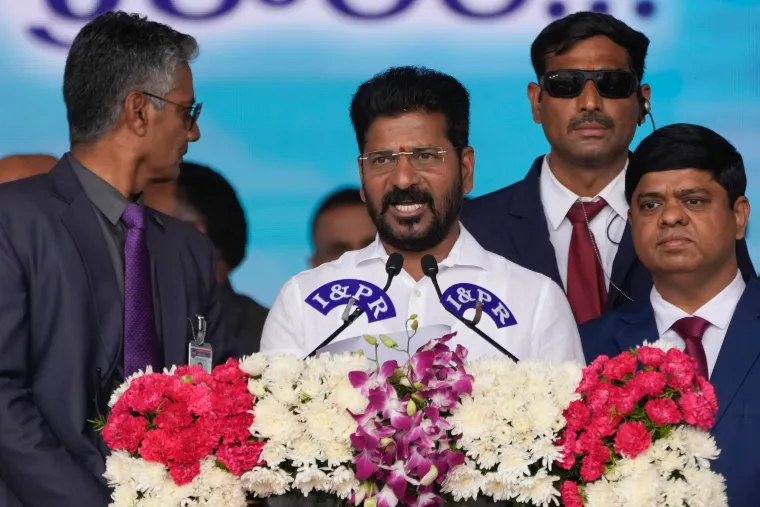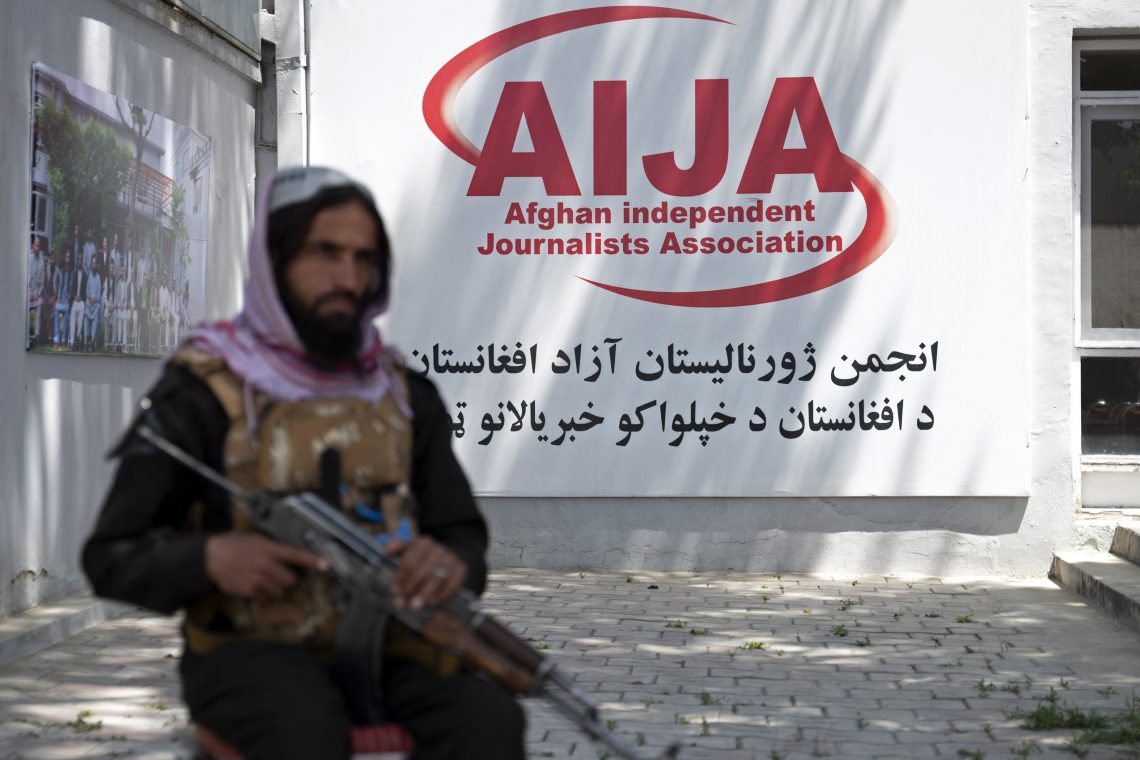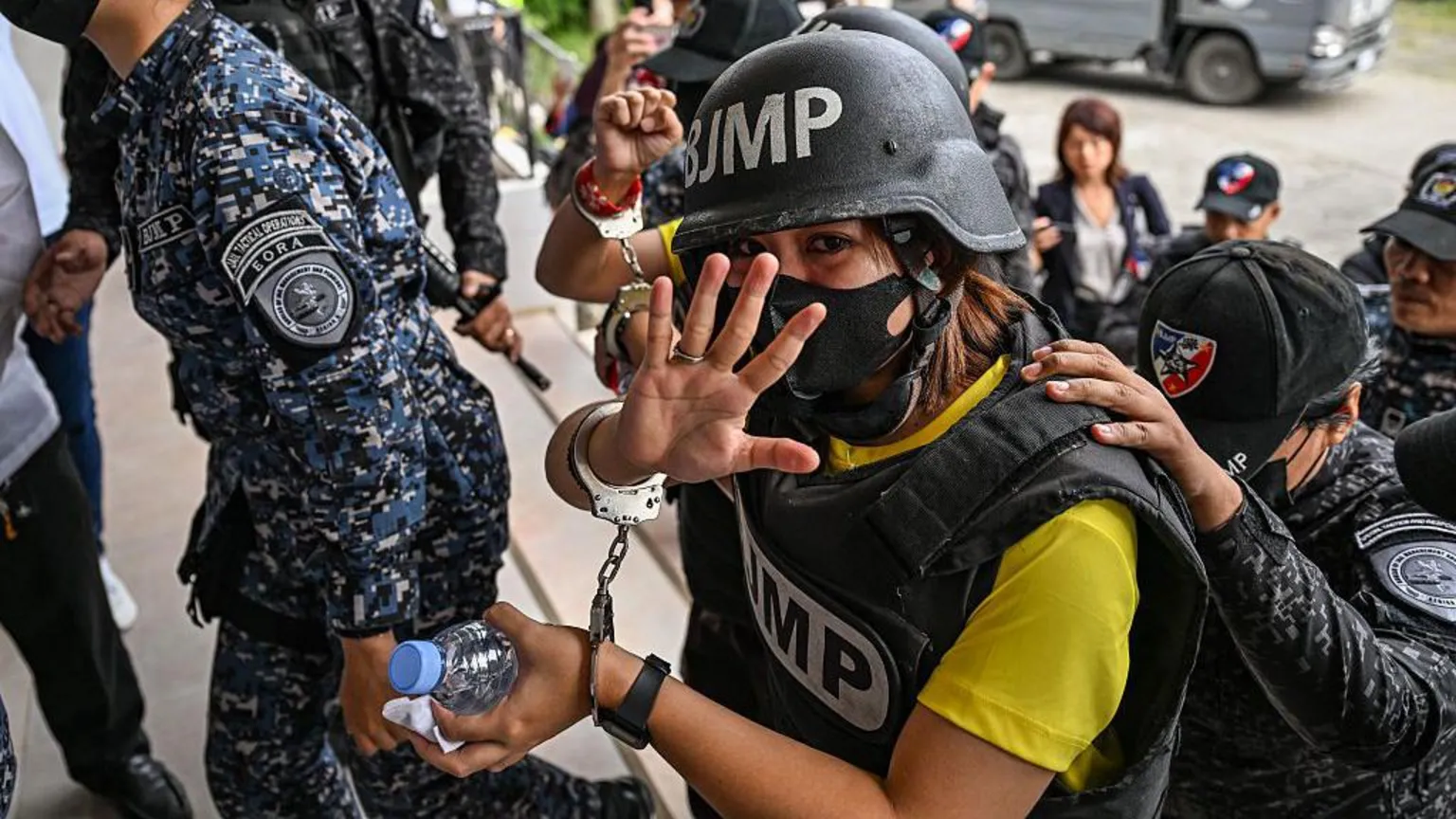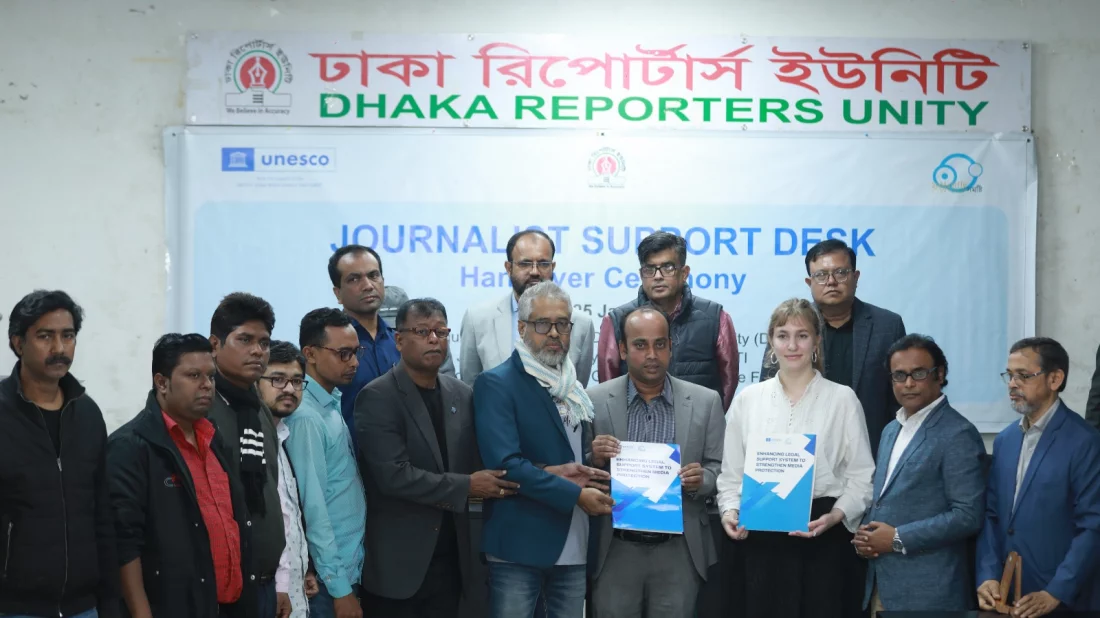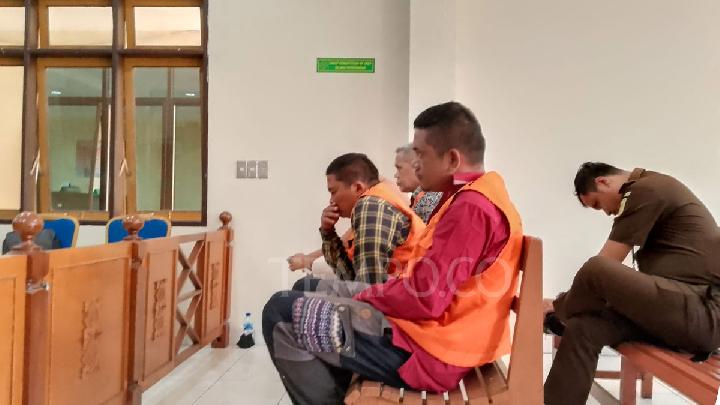
Indonesian Prosecutors Seek Death Penalty in Journalist’s Murder Case
March 17, 2025
Telangana Journalists Freed After Arrests Spark Uproar Over Press Freedom
March 17, 2025March 17, 2025 – Source: CPJ –
A new wave of concern over press freedom has erupted in Telangana, India, after two journalists were arrested for sharing a video critical of Chief Minister A. Revanth Reddy—prompting sharp backlash when Reddy publicly threatened to strip other journalists of their credentials.
Pogadadanda Revathi and Thanvi Yadav, both affiliated with Pulse Digital News Network, were arrested earlier in March after posting an interview featuring a farmer who harshly criticized the Chief Minister’s agricultural policies. The farmer accused Reddy of abandoning pre-election promises, including loan waivers. Soon after the video circulated online, a formal complaint was lodged by a Congress social media official, leading to the journalists’ arrest under various sections of India’s Information Technology Act and the Bharatiya Nyaya Sanhita.
But the controversy escalated dramatically when Reddy, at a public event, lashed out at the media, warning that journalists who “play with people’s emotions” would lose their accreditation. He suggested that those who post what he called “derogatory content” could face license cancellations. This statement was viewed as an open threat to the press and sparked immediate outrage from civil rights groups, opposition leaders, and press freedom organizations.
Many saw the arrests—and especially the Chief Minister’s remarks—as part of a broader trend of political leaders using legal and administrative power to intimidate journalists. The arrests have drawn condemnation from the Committee to Protect Journalists (CPJ), which urged authorities to drop the charges and stop criminalizing critical reporting.
While the journalists have since been granted bail and one of the more severe charges, organized crime, was dropped, the chilling message remains. Journalists and digital content creators worry that sharing even secondhand criticism of powerful political figures could now land them behind bars.
This case underscores growing tension between India’s state governments and the independent media. In an environment where dissent is increasingly framed as defamation or disloyalty, the right to question authority—an essential element of democracy—appears to be under serious threat.
Reference –
Indian state leader threatens to strip journalists as 2 arrested over critical interview

